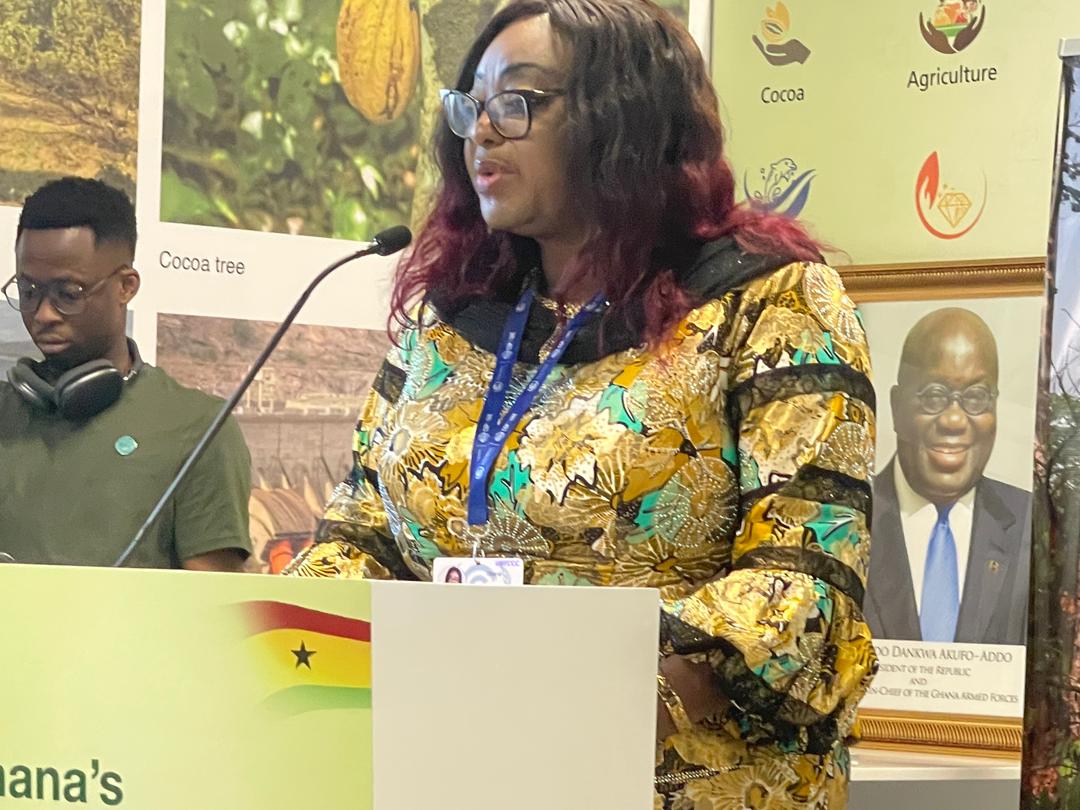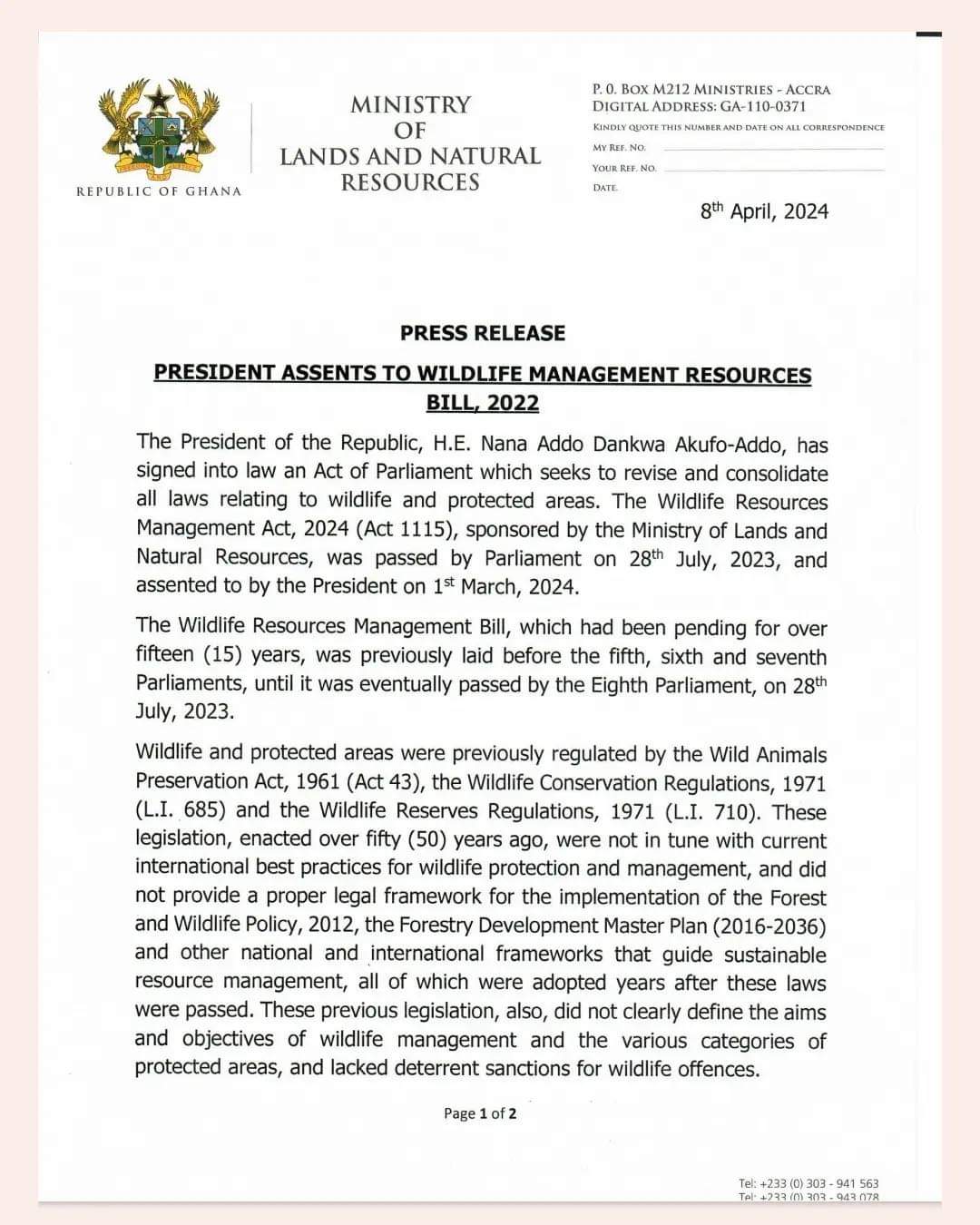
The Water Resource Management Commission (WRMC) of the Economic Community of West African States (ECOWAS) and the International Water Management Institute (IWMI) have jointly called for the urgent implementation of efficient water resources management practices in the West African region.
The collaborative seminar held in Accra underscored the critical role of water for sustainable development in all spheres of life and for the maintenance of peace in the Sub-region.
ECOWAS and IWMI seek to work together to address the challenges of water scarcity, climate change, and sustainable irrigational agriculture practices in the region.
According to the panel of agricultural scientists, water resource experts, and sector-related policymakers from across the West Africa sub-region, efficient and sustainable management of water resources is vital for the promotion and attainment of peace and socioeconomic development in the sub-region.
Keynote speakers at the seminar included the President of the Technical Committee, Global Water Partnership-West Africa, Dr. Boubacar Barry, the Director General of IWMI, Dr. Mark Smith, Director of WRMC-ECOWAS, Kouakou Alexis Kouassi, President FEMinWASH-Nigeria, Dr. Boluwaji Onabolu, Director of Water Resources Commission-Ghana, Dr. Bernadette Araba Adjei, Chair, YWP-IWA Jacob Amengor, the West, Central Africa Rep. of IWMI, Dr. Olufunke Cofie.
Dr. Boubacar Barry said water insecurity in the sub-region poses a threat to West Africa’s prosperity. Highlighting that the issue of water insecurity has been deepened by three elements namely; energy, food, and water demand in the sub-region.
“We need to look at these as the nexus, and how to solve them because if you have energy, you can pump water, if you have water, you can produce food but if you have water insecurity, all you need to do is to try and optimize irrigation schemes and so on.
“There is an area on the West Africa map where three countries meet – Burkina Faso, Mali and Niger have been neck-deep in violence and conflicts over water resources in that enclave,” he said.
Dr. Mark Smith underscored that water is embedded in the various dimensions of development especially the Sustainable Development Goals (SDGs).
“Water is indispensable to the quest to attain the SDGs, because of its role in economic development, human well-being and environmental health,” he said.
The seminar is the maiden edition of the series of high-level policy dialogues initiated by IWMI to share with stakeholders’ key innovations that respond to challenges in water management in West Africa.
Water resources in West Africa have been facing increasing pressure due to the growing demands of agriculture, industry, and urbanization. water scarcity is further exacerbated by changing climate patterns, leading to droughts and water stress. These factors pose significant threats to food security, ecosystems, and livelihoods in the region.
Some 85 percent of Africa’s water resources are comprised of large river basins that are shared between several countries.
ECOWAS and IWMI have outlined a comprehensive action plan that includes strengthening institutional capacity. They will work together to build the capacity of local institutions involved in water resources management. By enhancing their technical skills and knowledge, these institutions can effectively address the complex challenges of water management.
The partnership will also foster stakeholder engagement and participation. Involving stakeholders, including local communities, in the decision-making processes approach ensures that the needs and perspectives of different groups are taken into account.
Data collection and analysis will also play a role as accurate and up-to-date data is crucial for effective water resources management.
The post ECOWAS, IWMI call for efficient water resources management appeared first on The Business & Financial Times.
Read Full Story



















Facebook
Twitter
Pinterest
Instagram
Google+
YouTube
LinkedIn
RSS